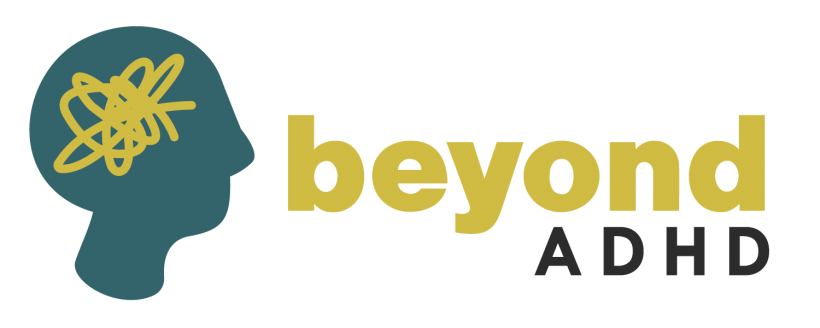Toronto-based virtual care company Maple has acquired Beyond ADHD, a New Brunswick–based provider of virtual assessment and treatment for attention deficit hyperactivity disorder.
Maple announced the acquisition in a press release Tuesday, but did not disclose the price. It said the move expands Maple’s presence in the mental health space while keeping Beyond ADHD’s operations and team intact.
Beyond ADHD, headquartered in Grafton, NB, just west of Fredericton, was created to address what its founders saw as major gaps in ADHD care – fragmented services, long waits, and limited accessibility. The company offers a structured three-step virtual program covering assessment, diagnosis, and follow-up, while also supporting patients dealing with depression and anxiety. Care is delivered by licensed Canadian clinicians, the company says.
The company will continue operating as a subsidiary of Maple, with no interruption to patient services or staffing.
“Too many people struggle to receive ADHD assessment and support,” said Maple CEO and co-founder Dr. Brett Belchetz. “Adding Beyond ADHD to Maple improves access to timely, high-quality mental health care across Canada.”
Beyond ADHD founder and CEO Dr. Hanif Chatur said joining Maple will help the company reach more patients and strengthen the link between ADHD care and broader mental health and primary care systems. “We designed this platform with patients, not just for them,” he said. “With Maple’s scale, technology, and clinical leadership, we can accelerate our impact and continue delivering safe, consistent outcomes for patients.”
Chatur, a family physician and entrepreneur, is also the co-founder of ClinicGlide, a digital health platform that last month received funding from the New Brunswick Innovation Foundation and TLT. ClinicGlide provides workflow tools designed to improve efficiency in medical practices.
Beyond ADHD has built strong partnerships with health and student insurance providers and serves more than 20,000 patients across Canada. As part of Maple, it will have additional resources to expand responsibly and continue developing evidence-based ADHD treatment programs, the statement said.
ADHD affects an estimated 1.8 million Canadians, but diagnosis and treatment remain inconsistent across the country, said the statement from Maple. Research shows untreated ADHD can lead to significant productivity losses and related mental health challenges – gaps Beyond ADHD aims to close through its virtual model.









